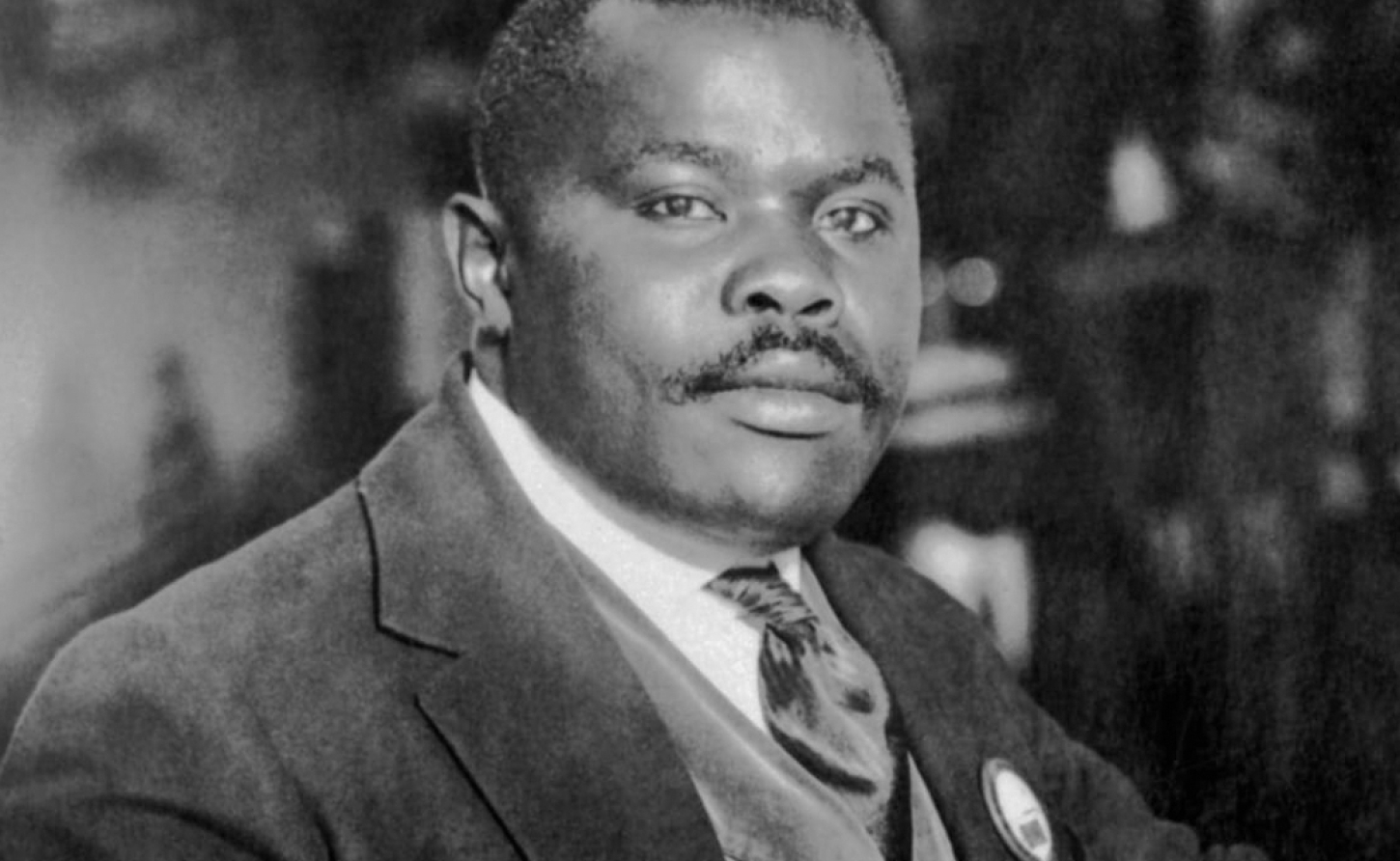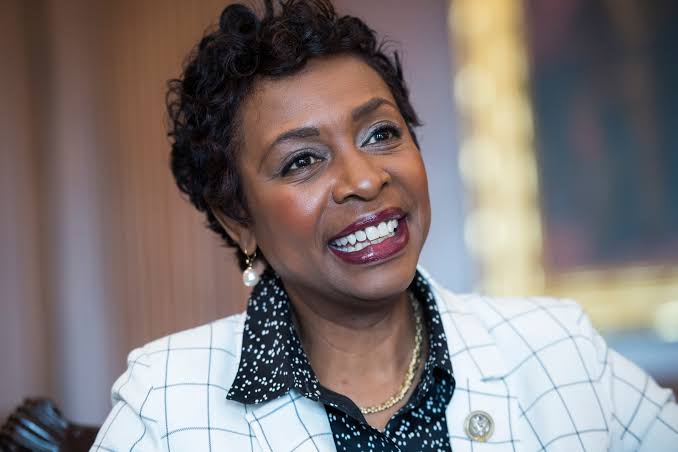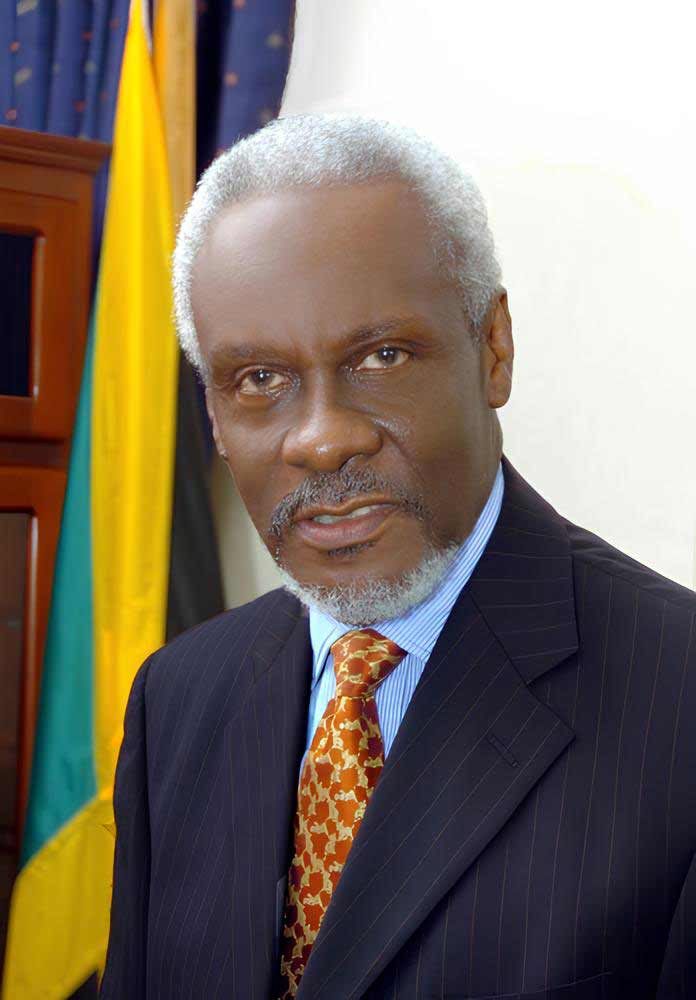JAMAICA | Biden Pardons Pan Africanist Marcus Garvey, Righting a Century-Old Wrong

MONTEGO BAY, Jamaica, January 19, 2025 -In a historic move that rights a century-old injustice, President Joe Biden has posthumously pardoned Marcus Garvey, the influential Black nationalist leader whose 1920s mail fraud conviction had long been denounced as politically motivated.
The decision comes after years of persistent appeals to successive U.S. presidents, including Barack Obama, from Garvey's son Dr. Julius Garvey and a broad coalition of African and Caribbean leaders.
The pardon, announced Sunday, also comes after sustained pressure from Congressional leaders, including Congressional Black Caucus chair Yvette Clarke, who championed Garvey's cause.
It also marks a pivotal moment in addressing what many scholars and activists have long viewed as a deliberate effort to silence one of the 20th century's most prominent voices for racial justice.

Patterson, who heads the P.J. Patterson Institute for Africa Caribbean Advocacy, emphasized Garvey's unparalleled clarity in advocating for human dignity regardless of skin color.
Garvey's influence echoed through generations of civil rights leaders, with Dr. Martin Luther King Jr. notably crediting him as "the first man of color in the history of the United States to lead and develop a mass movement."
King praised Garvey's unprecedented achievement in giving millions of Black Americans "a sense of dignity and destiny."
The pardon's timing carries special significance, coming in 2025 - just over one hundred years after Garvey's conviction in a case that exemplified the era's systemic racism.
In reflecting on Biden's pardon, Mr. Patterson said "I regard,as most significant, President Biden's acceptance of the contention by outstanding legal Advocates of the injustice which characterized the trial. There could be no greater prelude to the celebration of Martin Luther King's Birthday."
The charges stemmed from his leadership of the Universal Negro Improvement Association (UNIA) and its ambitious Black Star Line shipping venture, a symbol of Black economic independence that drew both admirers and powerful enemies.

Despite the charges being leveled against four UNIA officers, Garvey alone was convicted by an all-white jury in 1925 and sentenced to five years in prison.
While President Calvin Coolidge later commuted his sentence in 1927, the conviction achieved its apparent intended goal: Garvey's deportation from the United States.
Recently uncovered evidence has further validated long-standing criticisms of the prosecution.
Legal scholars point to the judge's documented hostility toward Garvey and the questionable testimony of a teenage temporary employee who later admitted to perjury.
More damning still were the tactics of J. Edgar Hoover, who deployed Black secret service agents to build a case against Garvey and attempted multiple legal maneuvers to force his exile, including failed charges of immigration violations and tax evasion.
Born in Jamaica, Garvey's impact transcended borders, leaving an indelible mark on civil rights movements across the United States, Europe, Africa, Latin America, and the Caribbean.
His pioneering work earned him recognition as Jamaica's National Hero in 1969, though his influence had already shaped generations of leaders, including Ghana's first president, Kwame Nkrumah, and countless other African independence figures.
Perhaps Garvey's most enduring achievement was the 1920 Convention of the Universal Negro Improvement Association and African Communities League at Madison Square Garden.
There, delegates from around the world crafted the groundbreaking Declaration of Rights of the Negro Peoples, establishing a blueprint for racial justice that would influence human rights movements for decades to come.
Under Garvey's leadership, the UNIA established presence in 38 states, gaining particular strength throughout the American South.
The resonance of Garvey's message continues to echo in modern social justice movements.
During the 2020 Black Lives Matter protests following George Floyd's murder, demonstrators proudly displayed the UNIA's red, black, and green flag – a powerful symbol of the through-line connecting historic civil rights struggles to contemporary battles against systemic racism.
Patterson's advocacy center had called for Caribbean heads of government to join the campaign for Garvey's exoneration, describing it as an opportunity to "reverse the travesty of justice against a giant whose only crime was to give legendary leadership in the struggle against racial and economic injustice."
The presidential pardon serves not only as a recognition of past wrongs but as an acknowledgment of Garvey's lasting legacy in shaping the ongoing fight for racial equality and human dignity.
-30-
